A customer relationship management (CRM) platform is designed to help businesses better understand and serve their clients. It empowers organizations to collect valuable data and insights about their customers, streamline workflows, and optimize marketing strategies. But what’s often overlooked is how CRM software can significantly improve the customer experience. In this blog, we’ll explore how CRM systems can positively impact how businesses interact with their customers, build brand loyalty, and drive revenue growth. Let’s dive in!
Introduction to CRM software and customer experience
The introduction to CRM software and customer experience is crucial in understanding how CRM can be used to improve customer relationships. As mentioned earlier, CRM software serves as a tool for organizing valuable audience data, tracking information and interactions between a company and its customers, and gaining insights to enhance customer experiences. Significant benefits can be achieved by utilizing a 360-degree view of customer interactions through CRM systems. By managing customer relationships effectively with the help of CRM, the organization can personalize customer experiences and increase loyalty.
Moreover, automation can reduce churn, and digital communication can further enhance customer experience management. Ultimately, CRM software can help create a smooth customer journey, provide accurate customer data for informed decision-making, and lead to success stories for businesses.
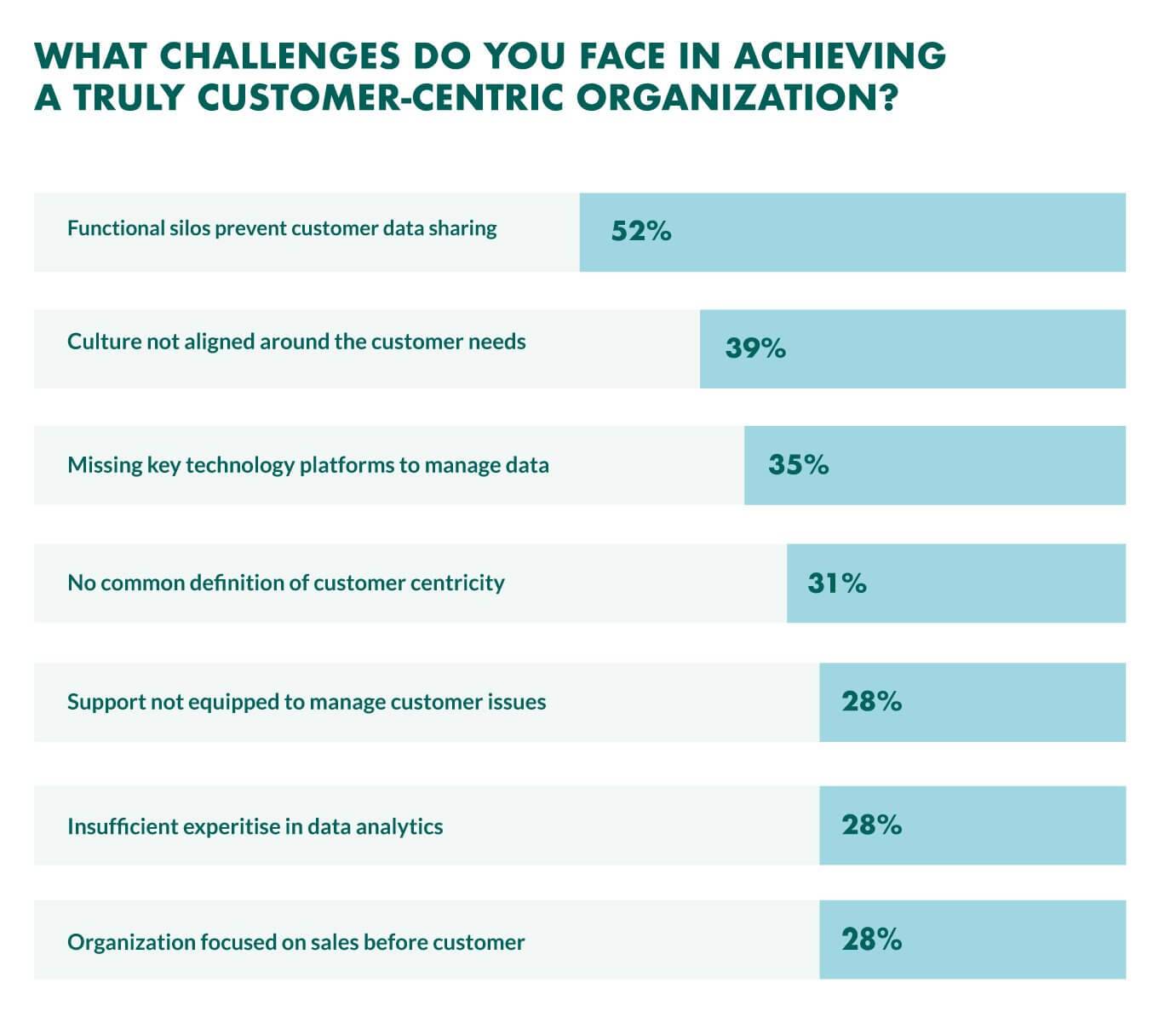
Understanding the importance of customer data
In order to improve the customer experience, it is important to first understand the customer. This is where customer data comes into play. CRM software provides a central location to store and manage customer data, allowing businesses to gain a 360-degree view of their customers. This helps improve customer service, increase sales, and increase customer retention. By tracking identity and behavioral data, businesses can better understand their customers’ wants and needs. Businesses can reduce churn and strengthen loyalty by personalizing the customer experience through targeted marketing and automation.
Overall, utilizing customer data through CRM is crucial in enhancing the customer experience and driving business growth.
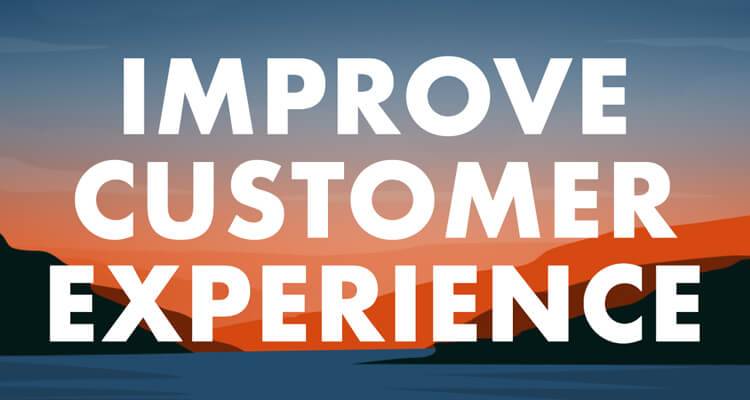
Choosing the Right CRM System
Choosing the right CRM system can be challenging, especially with so many options available in the market. It’s essential to consider your business needs, budget, and scalability while selecting a CRM system. Some popular CRM systems are Salesforce, Hubspot, Zoho, and Microsoft Dynamics 365.
Before selecting a CRM system, it’s crucial to evaluate the features and benefits of each system and align them with your business requirements. For instance, if your business needs an all-in-one CRM system that can integrate with other business systems, Salesforce might be a suitable choice. On the other hand, if you’re looking for an affordable CRM system that can manage small-scale operations, Zoho CRM might be a better option.
The benefits of a 360-degree view of customer interactions
Having a 360-degree view of customer interactions is essential for businesses looking to improve their customer experience. This view enables teams to better understand customer behavior, preferences, and pain points, which can then be used to create personalized offers and enhance communication. By centralizing customer information, businesses can improve their service offerings, reduce churn, and increase loyalty among their customers. Collaborative CRMs that allow every department to have access to the same information can create a shared goal of improving customer service and profitability within the organization.
With accurate and complete data, businesses can make informed decisions that lead to improved CX and profitability. Ultimately, a 360-degree view of customer interactions is critical for businesses looking to create a smooth customer journey that results in long-term customer loyalty.
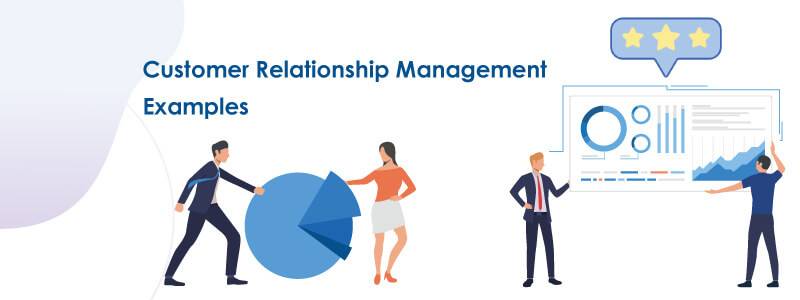
Effectively managing customer relationships with CRM
CRM software is a powerful tool that businesses can use to effectively manage customer relationships. With a 360-degree view of customer interactions, businesses can gain insights that can help them better understand customer needs and preferences. This can lead to more personalized communication and offers tailored to each customer, improving customer trust and loyalty. Additionally, CRM systems allow businesses to personalize communication for each customer, making them feel valued.
Using CRM software is also an effective way to manage sales and marketing opportunities. Businesses can identify potential leads and target their marketing efforts more effectively by compiling customer data. This, in turn, can lead to increased sales and revenue growth. Furthermore, businesses can use CRM software to quickly identify and address customer problems, improving customer satisfaction and retention.
Another benefit of CRM software is the ability to automate certain tasks, such as sending follow-up emails or personalized communication. This helps reduce customer churn by keeping customers engaged and informed. Businesses can also create automated workflows that anticipate and respond to customer needs by tracking customer behavior and preferences.
Overall, effective management of customer relationships through CRM software can help businesses build lasting relationships with their customers. It can lead to increased customer satisfaction, loyalty, and revenue growth. By leveraging insights gained from CRM systems, businesses can tailor their communication and offer to each customer, creating a more personalized experience that builds trust and loyalty.
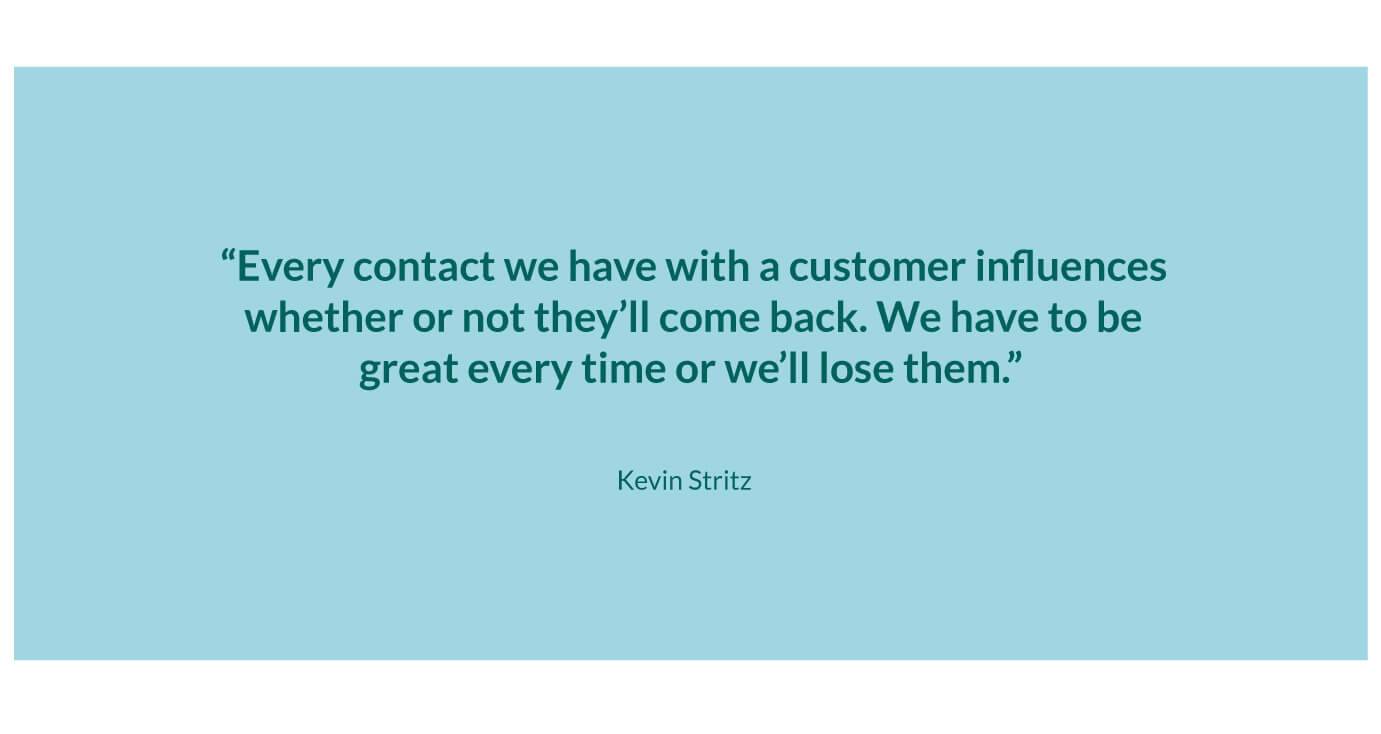
Personalizing customer experiences through CRM
Once a company has a 360-degree view of customer data, they can then use CRM software to personalize the customer experience. Automated email campaigns with personalized subject lines and content can increase the likelihood of a customer engaging with the email. Companies can also personalize their messaging and offers by using data to understand a customer’s previous interactions with a company. This personalization can help build strong relationships and increase customer loyalty.
Personalizing a customer’s experience can also reduce churn and increase customer retention rates. With the help of CRM software, companies can improve their ability to provide a personalized and meaningful customer experience.
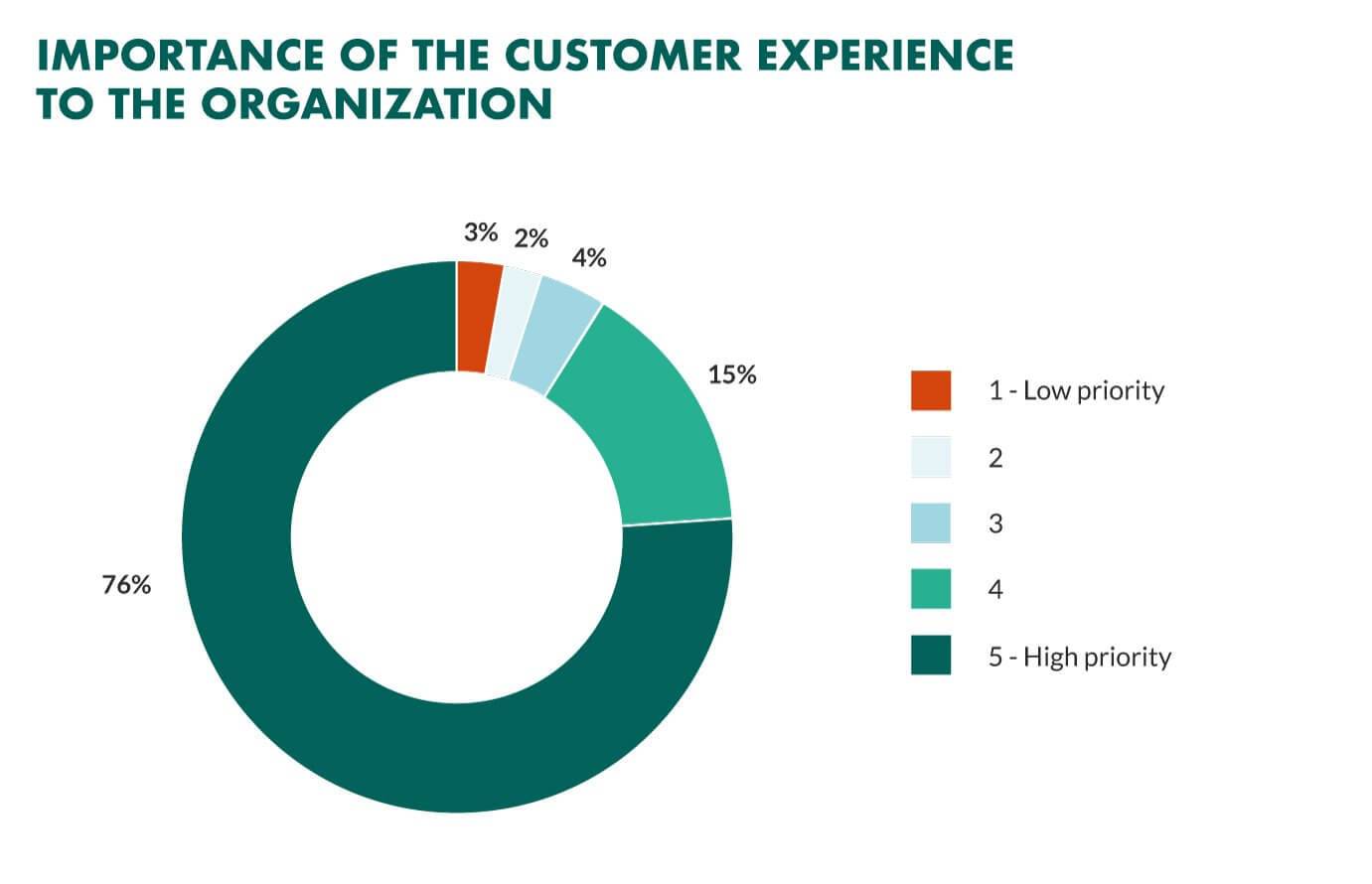
Using automation to reduce churn and strengthen loyalty
Automating responses and support requests through CRM can play a crucial role in reducing churn and strengthening customer loyalty. By using CRM systems to track customer data, businesses can identify their most loyal customers and provide them with rewards and personalized communication.
Additionally, automation can help businesses respond faster to customer queries, reducing waiting times and frustration. By streamlining processes through automation, businesses can further enhance customer experience, ultimately improving relationships and driving sales growth. Ultimately, using automation alongside effective customer retention strategies can help businesses develop stronger relationships with their customers and foster greater loyalty over time.
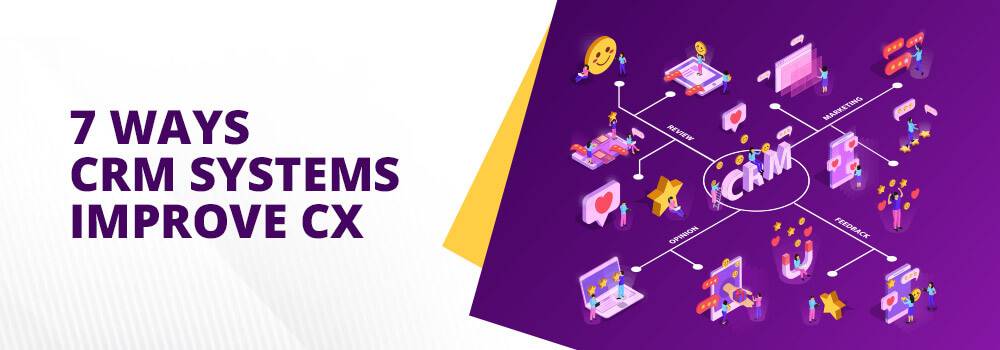
The Role of digital communication in CX Management
The role of digital communication in CX management cannot be emphasized enough. While CRM software provides a centralized platform for managing customer data, digital communication is key to building and strengthening customer relationships. From social media platforms to email campaigns, leveraging the right communication channels is essential to keeping customers engaged and loyal. Businesses can tailor their digital communication strategies to meet customer needs and expectations by using CRM software to track customer interactions and preferences.
Effective communication can also help resolve issues quickly, improving overall customer satisfaction. With a comprehensive view of customer data and preferences, businesses can use digital communication to create targeted marketing campaigns and personalized experiences, ultimately driving customer retention and loyalty.
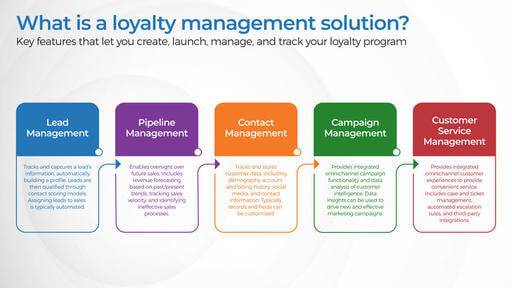
Creating a smooth customer journey with CRM
One of the key benefits of using a CRM system is that it can help businesses create a smooth customer journey. By centralizing customer interactions and data, businesses can better understand each customer’s needs and preferences and tailor their approach accordingly. This can lead to a more personalized experience that customers appreciate and value.
Additionally, by automating key processes such as order tracking and support requests, businesses can ensure that customers receive timely and relevant communications at every touchpoint. This can help reduce friction and improve customer satisfaction. Overall, using a CRM system to create a smooth customer journey effectively improves customer experience and builds long-term loyalty.
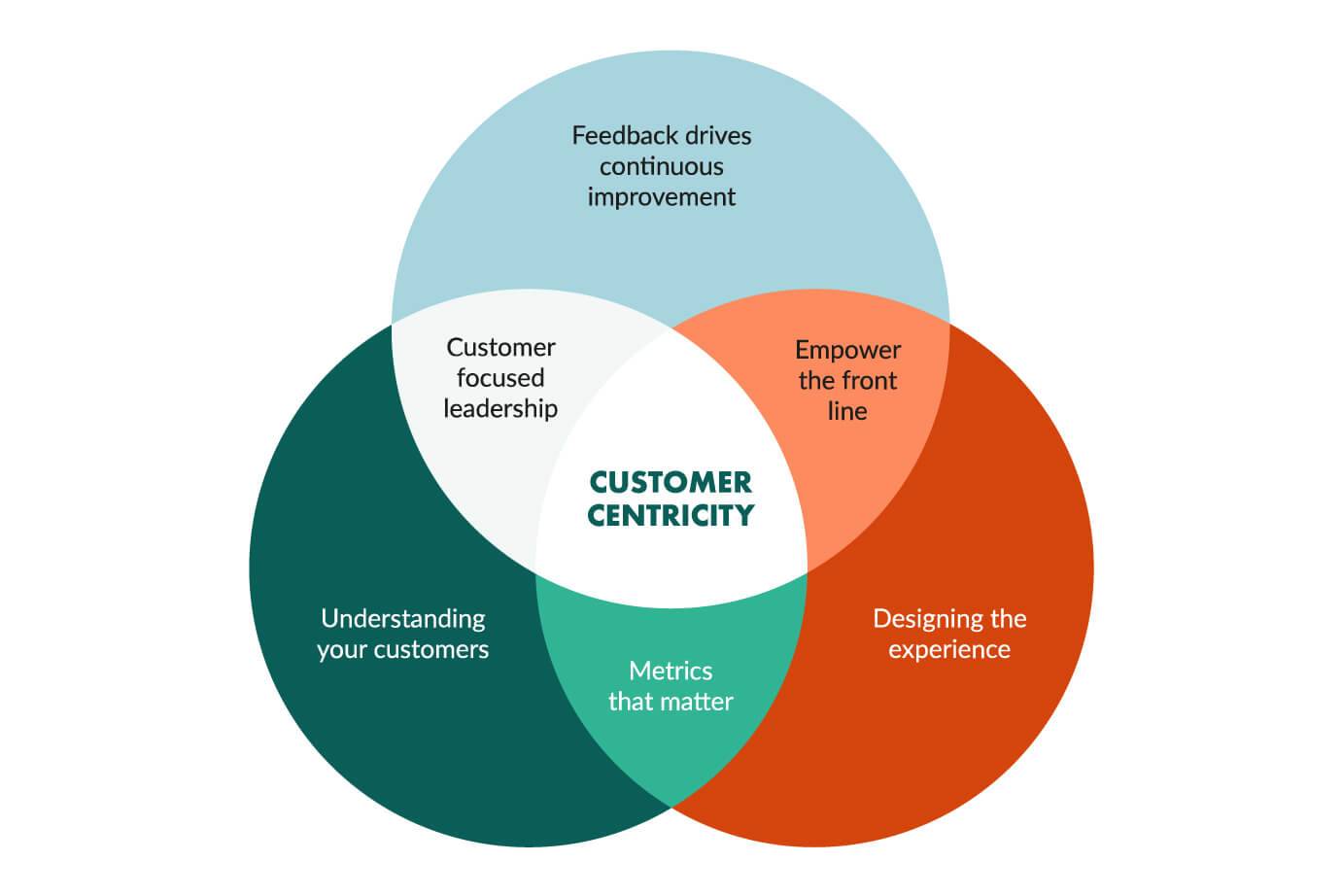
Making informed decisions with accurate customer data
The ability to make informed decisions based on accurate customer data is one of the key benefits of implementing a CRM system. Businesses can gain valuable insights into customer behavior, preferences, and needs by collecting, organizing, and analyzing extensive customer data. This information allows decision-makers to develop effective marketing strategies, improve customer experiences, and make informed business decisions. By leveraging the power of data analytics within a CRM, companies can gain a competitive edge by distinguishing themselves in the marketplace and providing personalized solutions for their customers.
Accurate customer data is an essential asset for businesses that want to succeed in today’s digital age. By investing in CRM software, companies can harness the power of data-driven insights to deliver exceptional customer experiences, increase productivity, and drive revenue growth.

Improving CX with CRM: Real-life case studies and success stories
The final section of this blog discusses real-life case studies and success stories of how CRM software has improved customer experience. From Apple using CRM to keep track of their customer’s purchases and provide personalized recommendations to American Express using CRM to create a customized rewards program for their customers, numerous businesses have seen significant improvements in CX thanks to CRM. One example is the Norwegian bank DNB, which used CRM to understand customer needs and personalize their marketing approach, resulting in a 27% increase in customer satisfaction. These success stories demonstrate the power of CRM software in improving customer experience and building long-lasting relationships with clients.
By using CRM software to analyze customer data, personalize interactions, automate processes, and create a seamless customer journey, businesses can improve CX and ultimately drive growth and success.
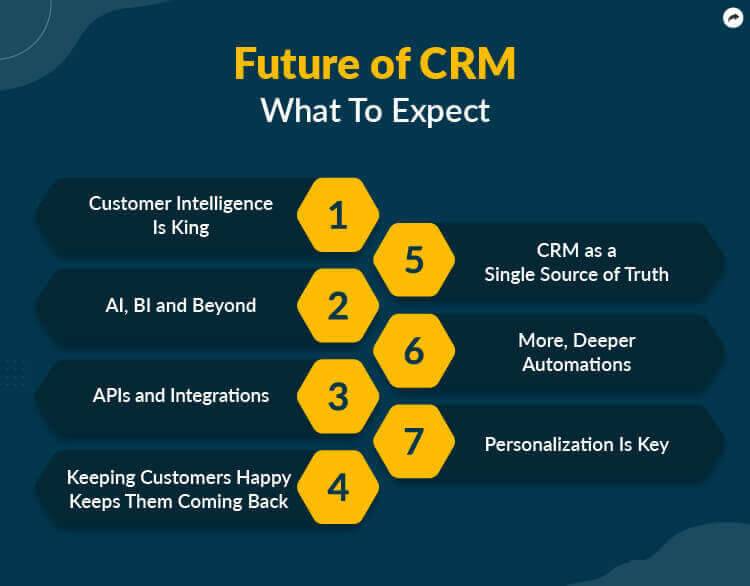
Conclusion
In conclusion, CRM software has proven to be instrumental in improving the customer experience for various businesses. The tips shared in this article have highlighted the importance of understanding customer data, managing customer relationships, personalizing customer experiences, and using automation to enhance loyalty. Additionally, digital communication and creating a smooth customer journey are crucial elements in customer experience management that can be facilitated by CRM software. By making informed decisions using accurate customer data, businesses can strategize and optimize their sales and marketing efforts to deliver a delightful customer experience.
The real-life case studies and success stories provide evidence of how CRM software has transformed customer experiences for businesses worldwide. In summary, CRM software has become an indispensable tool for businesses that prioritize customer satisfaction and retention.
Frequently Asked Questions
What is customer experience management in CRM?
Customer experience management (CEM) in CRM is the process of optimizing customer interactions across all touchpoints and channels, with the goal of creating a positive and seamless experience. It involves understanding customer needs and preferences, measuring customer satisfaction, and using that information to improve customer service, retention, and loyalty.
How to use CRM to improve customer experience?
To use CRM to improve customer experience, businesses can collect and analyze customer data to gain insights into their behavior, preferences, and needs. This information can be used to personalize interactions and provide tailored experiences, such as targeted marketing campaigns or customized product recommendations. Additionally, CRM systems can enable businesses to provide fast, efficient, and consistent customer service across multiple channels, including phone, email, social media, and chat.
Why CRM is important in customer experience?
CRM is important in customer experience because it allows businesses to better understand and anticipate their customers’ needs, preferences, and behavior. By using CRM to manage customer interactions and relationships, businesses can provide a more personalized and seamless experience, leading to increased customer satisfaction, loyalty, and retention. Additionally, CRM can help businesses streamline their sales and marketing processes, improve efficiency, and reduce costs.
How is customer experience management different to CRM?
Customer experience management (CEM) is a broader concept than CRM, which focuses specifically on managing customer interactions and relationships. While CRM is primarily a tool for capturing and storing customer data, CEM encompasses all aspects of the customer journey, including pre-purchase, purchase, and post-purchase interactions. CEM involves creating a positive and consistent experience across all touchpoints and channels, with the goal of building strong and lasting relationships with customers.
What is the role of customer experience management in CRM?
The role of customer experience management (CEM) in CRM is to optimize customer interactions and relationships to create a positive and seamless experience. CEM involves analyzing customer data to gain insights into customer behavior and preferences, and using that information to personalize interactions and provide tailored experiences. By managing customer relationships effectively, businesses can improve customer satisfaction, loyalty, and retention, and ultimately drive growth and profitability.
Why customer experience management is important?
Customer experience management (CEM) is important because it enables businesses to create a positive and seamless experience across all touchpoints and channels, which can lead to increased customer satisfaction, loyalty, and retention. By understanding customer needs and preferences, and tailoring interactions accordingly, businesses can build strong and lasting relationships with customers. Additionally, CEM can help businesses differentiate themselves from competitors, improve efficiency and reduce costs, and ultimately drive growth and profitability.



